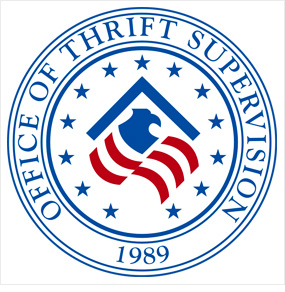Special Offer

Under his plan, lenders would forgive the difference in what borrowers owe and their home values. That would enable them to qualify for FHA-insured loans or other refinancing.
In return, lenders would receive warrants or "negative equity" certificates entitling them to shares of the profits, if any, when the home is resold.
The argument: Reich devised this plan to help cut down on foreclosures without burdening taxpayers with any extra cost and, if markets recover, minimizing the hit that lenders take.
All borrowers are likely to be eligible, according to Seiberg of the Stanford Group. But the proposal appears to be aimed at those with subprime ARMs, negative amortization mortgages and interest-only mortgage borrowers. They're the ones most likely to have negative equity.
Who supports this: A wide range of organizations have taken up the warrant idea, from progressive community advocacy groups to conservative, free-market think tanks.
Who is against it: No opposition has emerged.
Taxpayer price tag: Very little government money should be spent, unless housing markets decline even more steeply, foreclosures skyrocket and the FHA-insured loans fail at a high rate.
NEXT: State issued bonds: Tax-exempt solution
Last updated April 01 2008: 6:13 PM ET
